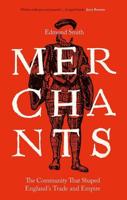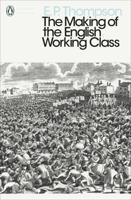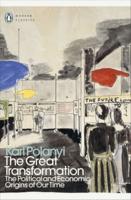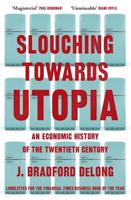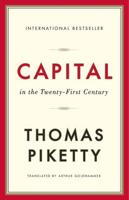Publisher's Synopsis
Neoclassical economics as-sumes that people are highly rational and can reason their way through even the most complex economic problems. In Individual Strategy and Social Structure, Peyton Young argues for a more realistic view in which people have a limited understanding of their environment, are sometimes short-sighted, and occasionally act in perverse ways. He shows how the cumulative experiences of many such individuals coalesce over time into customs, norms, and institutions that govern economic and social life. He develops a theory that predicts how such institutions evolve and characterizes their welfare properties.
The ideas are illustrated through a variety of examples, including patterns of residential segregation, rules of the road, claims on property, forms of economic contracts, and norms of equity. The book relies on new results in evolutionary game theory and stochastic dynamical systems theory, many of them originated by the author. It can serve as an introductory text, or be read on its own as a contribution to the study of economic and social institutions.


